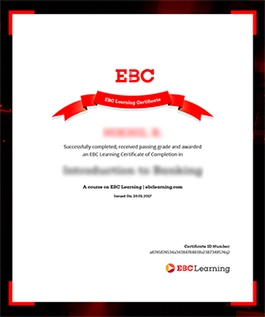Competition Economics
This course is part of a program and cannot be purchased individually.
About Course
Economics relies on theory, numbers and scientific evidence. Competition is an economic concept. Economic evidence and analysis, therefore, play a crucial role when dealing with competition law cases.
What is market power? How do you measure it in economic terms? What makes a company dominant? Is holding 80% of the market share good enough to make one dominant? Or must one have 99% to be considered dominant? What is a market? Why is dominance only measured in a relevant market? What is the relationship between profits and market power? When are vertical and horizontal restraints justified and when are they not? When and why are cartels unjustified? For all these questions we have to inevitably go back to economics and economics is used to answer many of these questions.
On completing this course, you will have a basic idea of how economics is used in competition law cases. It will also help you weave economic arguments in your case when fighting a case. If concepts are clear from an economic perspective, you as a competition lawyer will have significant value to add to your cases. It is akin to adding another layer of argument, which has its consistency, scientific rigour and method. This layer of economics will make your case very strong and persuasive. And often, it will be the key to persuading the judge.
This course is part of a program and cannot be purchased individually.
Instructors

Dr Yugank Goyal
Associate Professor, FLAME University
Dr Yugank Goyal is an Associate Professor of Public Policy. Earlier he taught at Jindal Global Law School. His tryst with the Economics of Competition Law began while studying Masters at Erasmus University Rotterdam, where later, he also pursued his PhD in law and economics.
Certificate
Complete this course and exercises to earn a certificate. Share it with your friends, colleagues, and employers.*
*You must Subscribe to get a certificate.

Limit Reached or Trial Expired
You have reached the limit of 2 audit enrollments or your trial period has expired.



